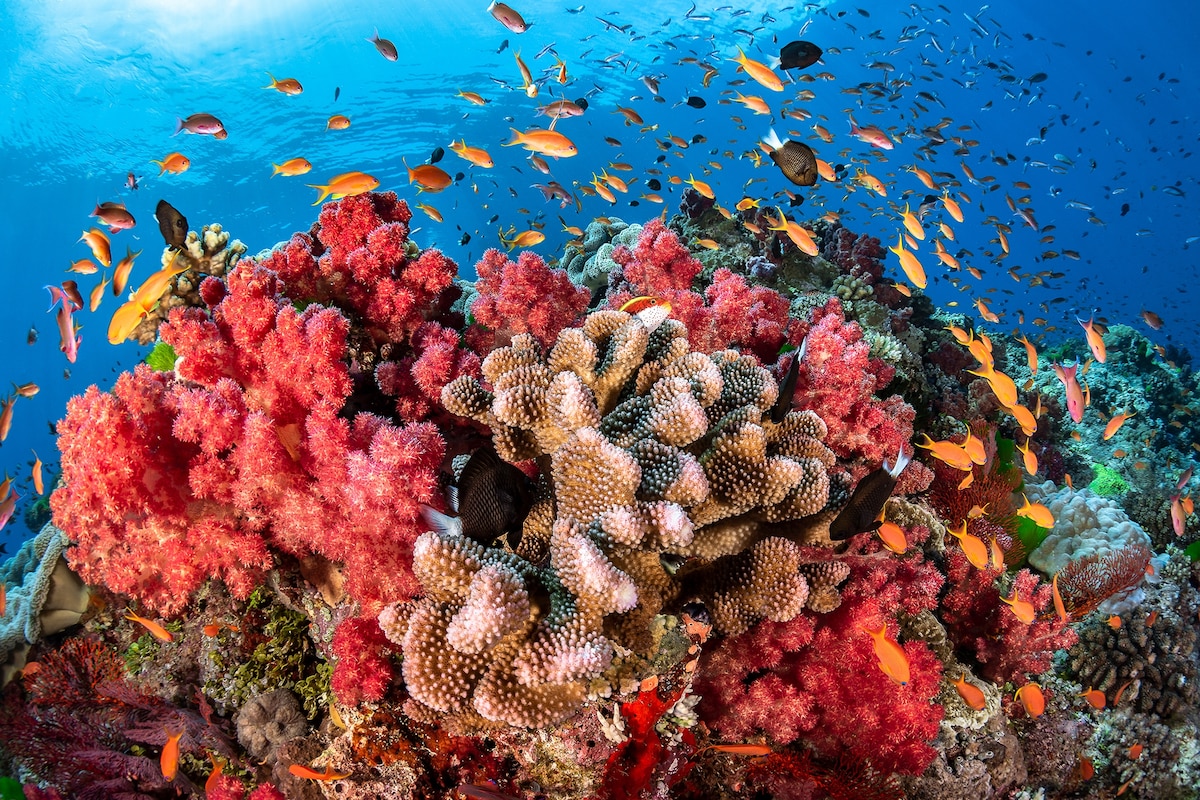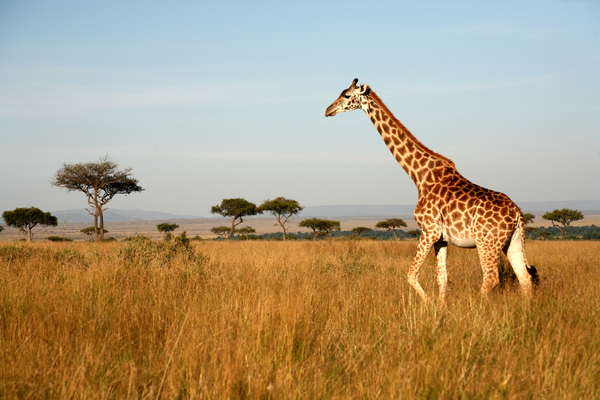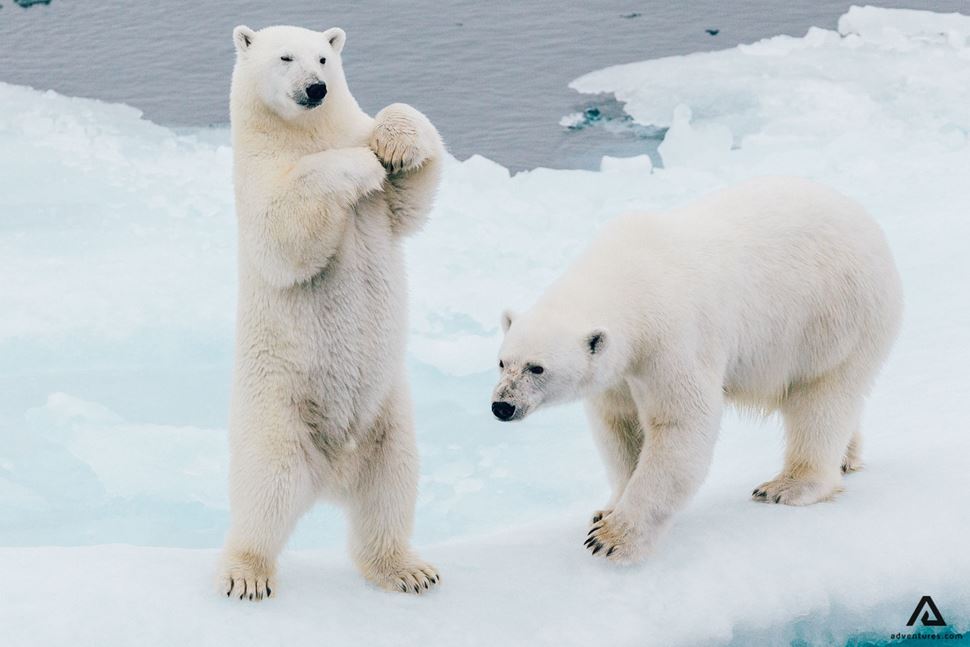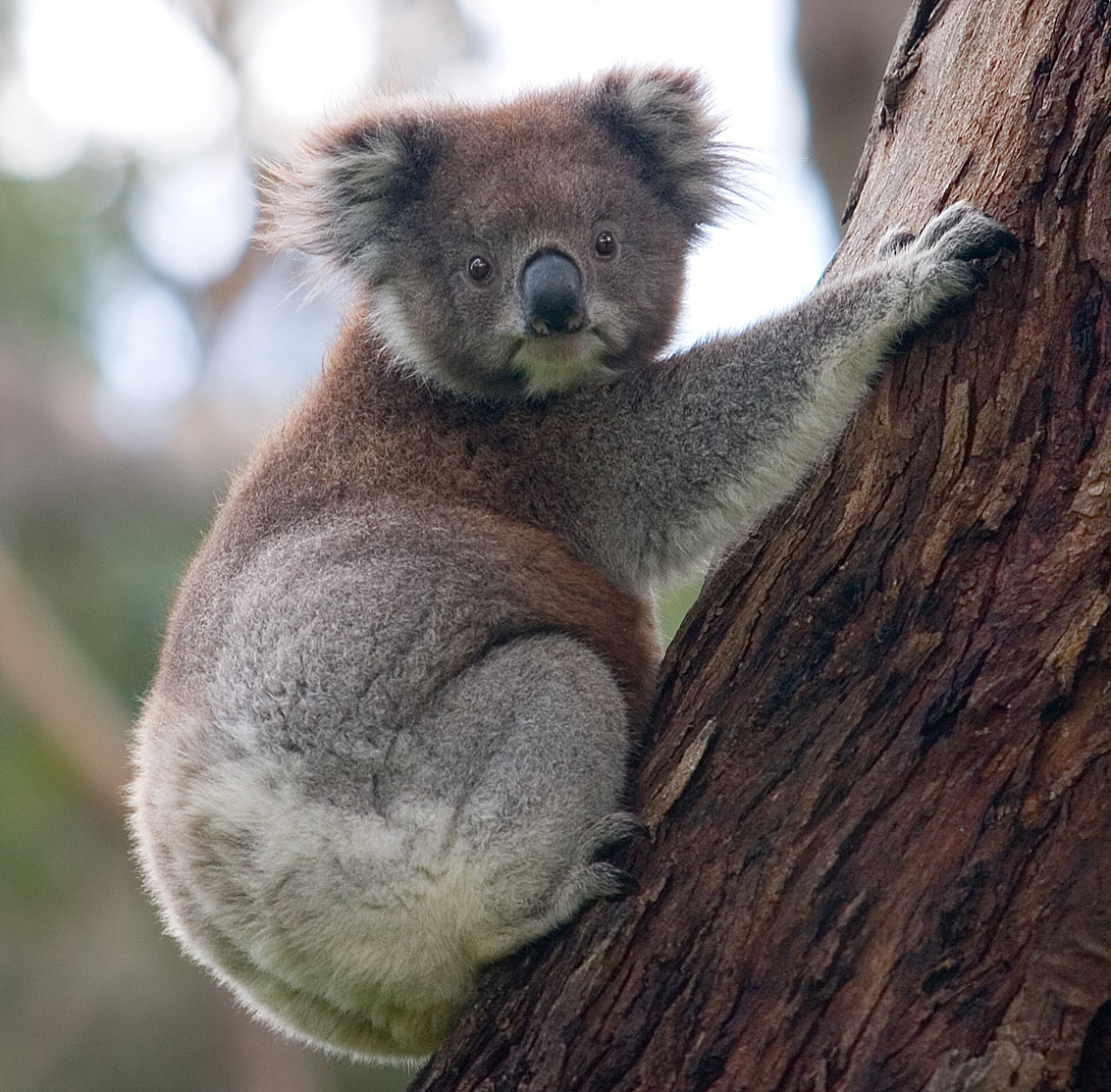Climate change is affecting a lot of people right now. But there are some who don’t have voices and who are in even greater need of help. Millions of species are being affected by rising temperatures and more droughts brought on by rising sea levels. It’s estimated that 50% of the world’s species will be extinct by 2100. Even sooner, with the rate that things are moving.
I have compiled a list of just a few species that are being affected by this, but there are so many more out there. I hope that by reading this, you can understand the plight of our world and begin to understand what we can do to help.
The biggest mammals in the sea, whales, and dolphins rely on the oceanic temperature to be a certain level, which allows them to migrate, feed, and even reproduce. As climate change continues to impact them, these instincts are being disrupted, instincts that are necessary for their survival.

The same goes for sharks. With rising temperatures and the acidification of the ocean, it is difficult to hunt the food they need to survive, as well as having a higher mortality rate for their embryos. Specifically, the Pacific Ocean’s rising oceanic temperatures are forcing the sharks to move northward, which disrupts the ecosystems they leave behind, as they depend heavily on the sharks.

One of the biggest things in the ocean, coral reefs are slowly becoming extinct, rising temperatures causing severe heat stress to almost 75% of the reefs protected by UNESCO. Coral reefs are becoming bleached, a term that is caused when the coral starves from a lack of nutrients, which damages not only the coral but the entire ecosystem that depends on them. All the clown fish and the Dory fish don’t stand a chance without the coral reefs that protect them.

Birds that depend on the sea, oceanic species are very directly affected by climate change and are facing extinction due to rising sea levels which submerges their habitats and nests completely. Without the birds, the ecosystem is unable to be regulated, leaving behind a devastated ecosystem.

Leaving the ocean, the small insects that are responsible for pollinating the world are at great risk of extinction. Rising temperatures make bumblebees leave their natural habitats and move to northern climates in order to remain in cool conditions. Additionally, with spring coming earlier and earlier each year, the bees have less time to pollinate the spring flowers.

All insects are going to suffer huge amounts from climate change, 18% of the numerous species are expected to go extinct by 2100 at the current global warming rate. The pretty Monarchs that everyone loves have been hugely impacted by climate change. Their populations have decreased almost 90% since the 1980s from a variety of climate-change-related causes: pesticide usage, loss of habitats, and populations of milkweed, their one necessary plant.
The biggest land mammals, elephants are being threatened by climate change. Not only are African elephants being hunted to extinction by poachers, but the habitats for Asian elephants are being negatively impacted by lower amounts of rainfall every year and higher temperatures that are drying up the small amount of water that does fall. Already an endangered species, the reproductive capacity of these gentle giants is being threatened.

The tallest land mammal, the giraffe population has decreased almost 50% in the last 30 years from poaching. But with shrinking habitats in the African continent, rising temperatures that are stunting the growth of giraffe’s main food source, acacia trees, the giraffe population is slowly declining.
The apes of Southeast Asia are regarded to be the most endangered ape species in the world. With nearly 80% of their forest cover being reduced by deforestation, their habitats are slowly disappearing, resulting in smaller populations and less reproduction.

And now, we’re moving onto the biggest source of fear, the species that live and thrive in the coldest regions of the world, both the Arctic and the Antarctic. I don’t have to name all of them, but penguins, walruses, polar bears, caribou, seals, and so many more that call the ice-flows home. Rising temperatures have forced the flows to break apart, removing the homes of many species. Without action, they’ll go extinct within the next twenty years.

Koalas are facing extinction, the cute marsupials from Australia. With the destruction of the eucalyptus trees that they need for survival, all being removed from forest fires that are spurred on by rising temperatures, their habitats are shrinking and so are their populations.

Fish are affected, too. Not only are they affected by over-consumption by people who don’t eat locally sourced fish and fish that aren’t native to their areas, but they are affected by over-fishing, leaving entire ecosystems vulnerable to extinction. Additionally, with rising sea temperatures and acidification, they are finding themselves drowning and dying in the water.
There are so many individual species that I could have named. Species that don’t even have a name, but could still be on this list. And yet, I didn’t mention them because I didn’t want to throw you into despair. There is still hope. There is still a bright future. Educate yourself about the global problems facing the world that you are either leaving behind or are going to inherit because there is only one of them.
Earth is our only home, and we share it with the few animal species I have named. Thank you for reading, and I hope you took something away from this post!
